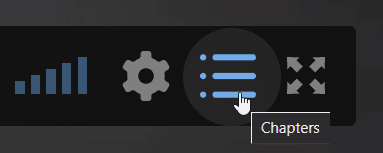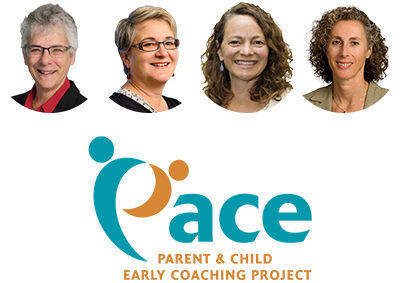The recording is from an ACT Chats event on May 30, 2023.
This presentation is a comprehensive guide to accessing services for adults with developmental disabilities. It provides information and resources on assessments, eligibility, and how they relate to accessing Services to Adults with Developmental Disabilities (STADD) Navigators. The presentation also covers adult services, including Community Living BC (CLBC) and Adult Day Services. Additionally, it provides information on eligibility and access in relation to Persons with Disabilities benefits, including working while collecting disability benefits.
About the Presenter

Michelle Schmidt, PhD
Michelle Schmidt, PhD is the Executive Director of ACT – Autism Community Training. Prior to joining ACT in 2022, Michelle Schmidt was involved in public education in British Columbia, as an educator, school psychologist, and administrator. Most recently, Michelle served as Director of Instruction in the Surrey School District, where she was responsible for inclusive education and supports for students with diverse abilities.
With over 30 years of experience in the education system, Michelle provides insight into the relationship between BC Schools and the human rights legislation, as well as Ministry of Education and Childcare policies and practices, including inclusive education designations and ministry compliance.
Presentation resources
| Resource Title | Word Doc | |
| My Transition Plan | Download | Download |
| Plain Language Planning Workbook | – | Download |
| Transition Planning Checklist | Download | Download |
| Transition Planning: Cross Ministry Planning Protocol Tasks and Roles | Download | Download |
| Transition Planning: My Personal Transition Goals | Download | Download |
| Transition Planning: What to Know About Me | Download | Download |
| Transition Planning: Independence | Download | Download |
Navigate videos with chapters
Chapters help you navigate through a video to find the information you’re looking for. Click the blue dots on the timeline to navigate chapters, or see all chapters through the chapters icon on the bottom right of each video.




